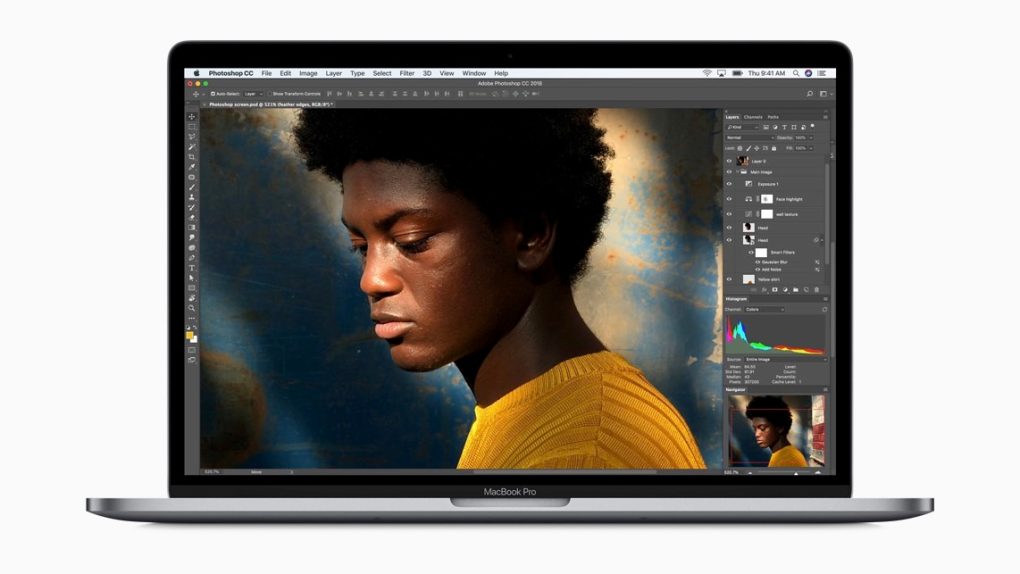According to a pair of reports out today, it won’t matter how good you are with computers: you won’t be able to conduct certain repairs on the iMac Pro or the MacBook Pros that Apple launched in July. If documents reported by MacRumors and Motherboard are correct, Apple requires a software diagnostic to be run on machines after doing a major repair like replacing a logic board or flash memory. If that diagnostic — which is only available to Apple personnel or authorized repair shops — isn’t run, the reports say that the repaired systems won’t work.
An internal Apple document reached MacRumors, which claims to reveal the existence of the Apple diagnostics macOS app that needs to be run after repairs. If the diagnostics are not run, you may end up with a non-functional system and an incomplete fix.
For the 2018 MacBook Pro, this covers most repairs, including the display, logic board, Touch ID, and top case (battery, keyboard, trackpad, and speakers). For the iMac Pro, only the logic board and flash storage repairs need to pass diagnostics.
The diagnostic suite isn’t something you can download from the internet. It’s limited to internal use in Apple Stores and Apple Authorized Service Providers, MacRumors reports, as part of the Apple Service Toolkit.
A training presentation obtained by Motherboard also mentions that the “Apple Service Toolkit and Apple Service Toolkit 2 is available only to persons working at Apple-authorized service facilities.”
MacRumors says the brand new T2 chip might be to blame:
This requirement is a result of the T2 chip, which integrates several previously separate components, including the system management controller, image signal processor, audio controller, and SSD controller. It also features a Secure Enclave coprocessor for secure boot, encrypted storage, and authenticating Touch ID.
If you live near an Apple Store or authorized repair shop, then you shouldn’t worry about the new provision. But if the reports turn out to be accurate, local Mac repair stores will not be able to repair your computer, and obviously, fixing it yourself is off the table.








